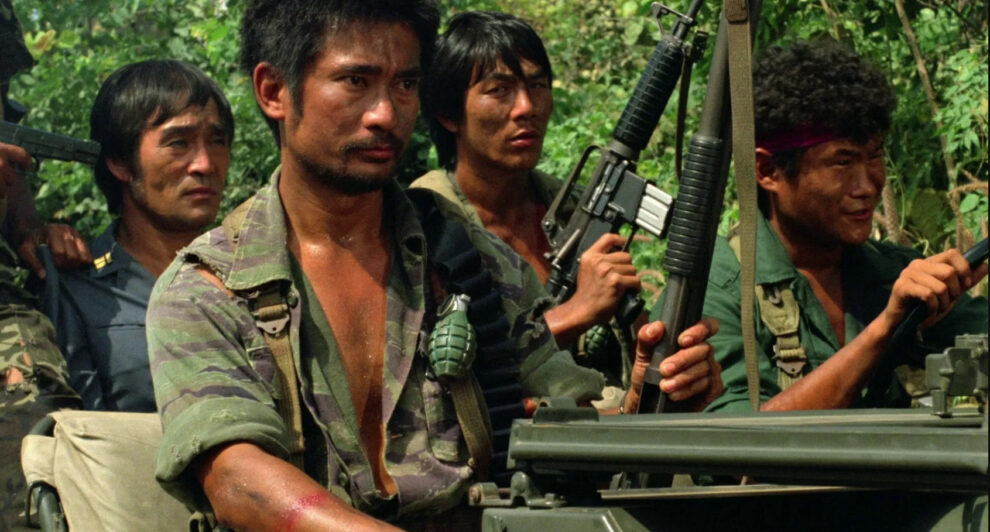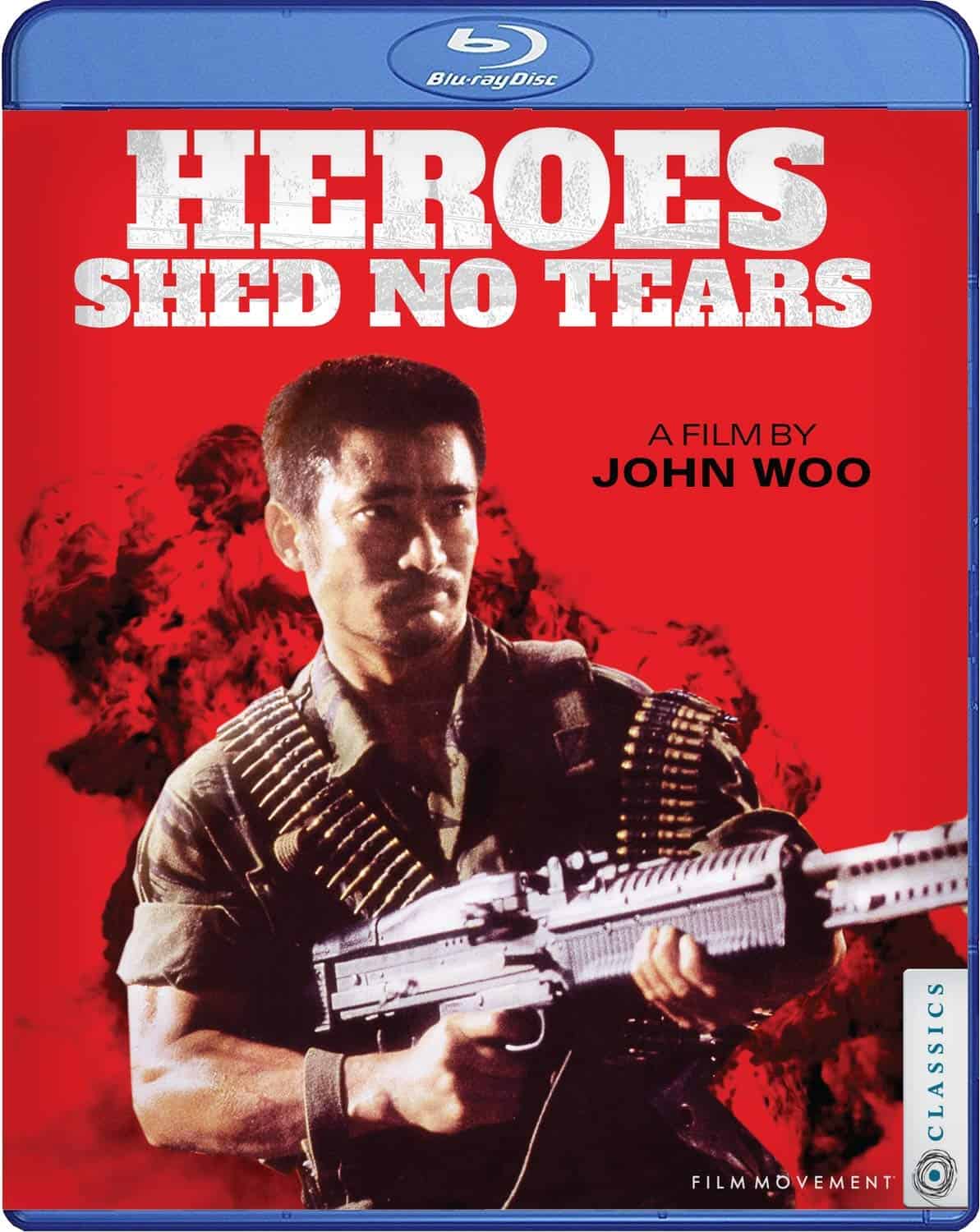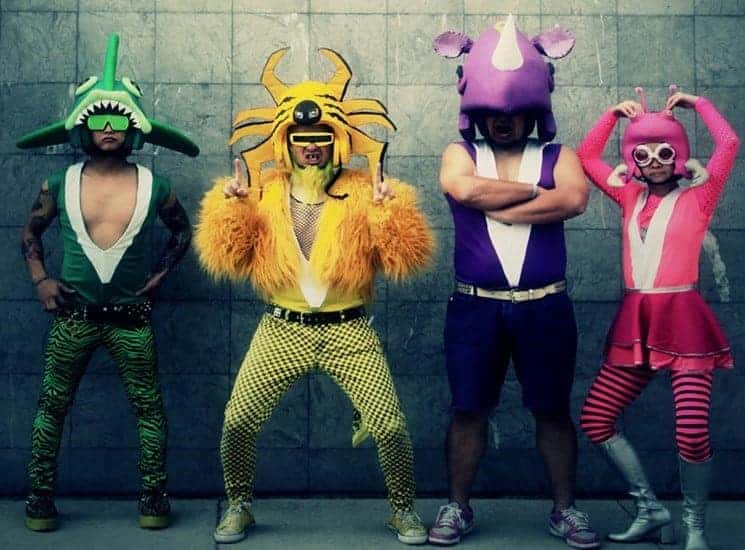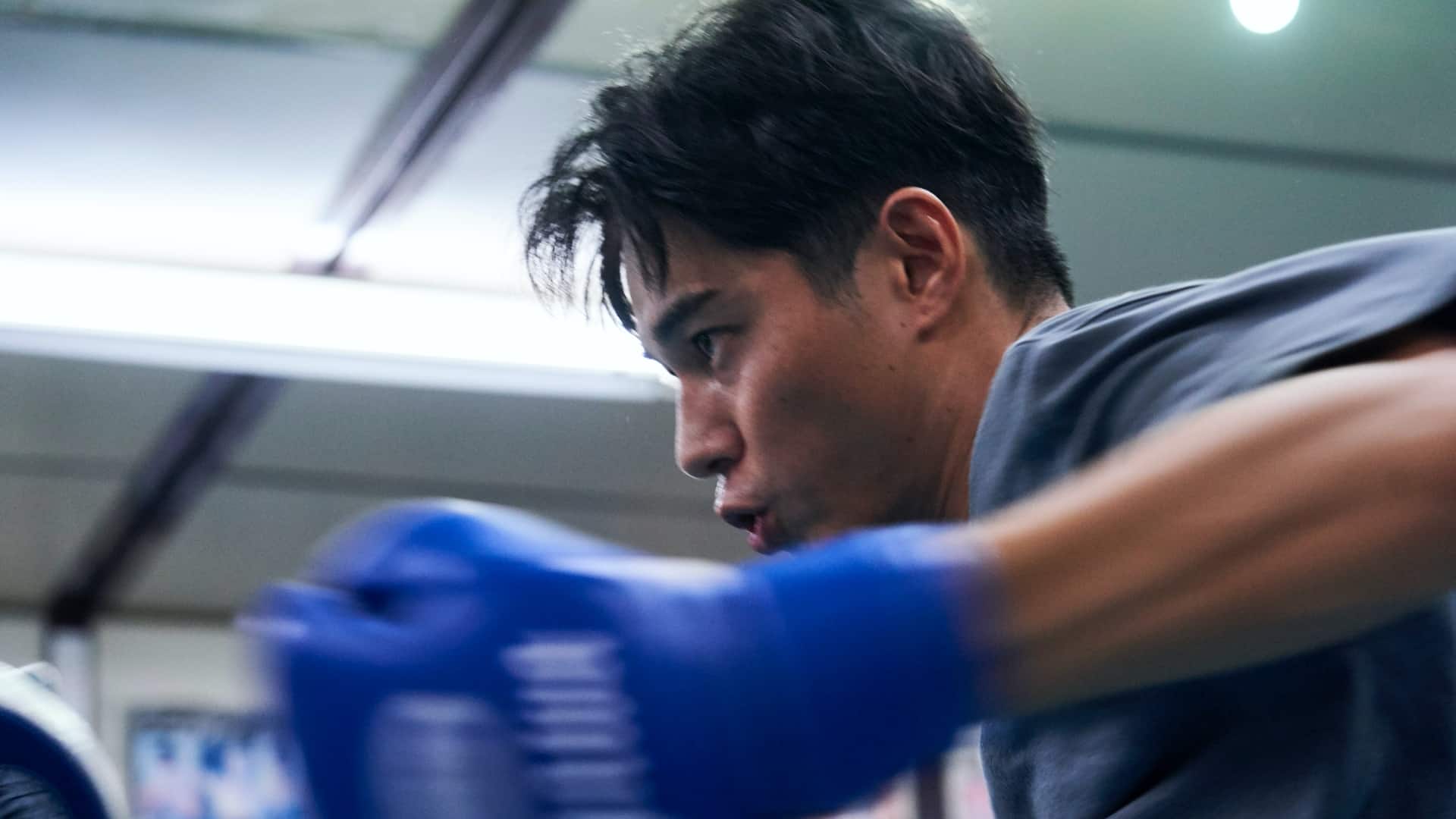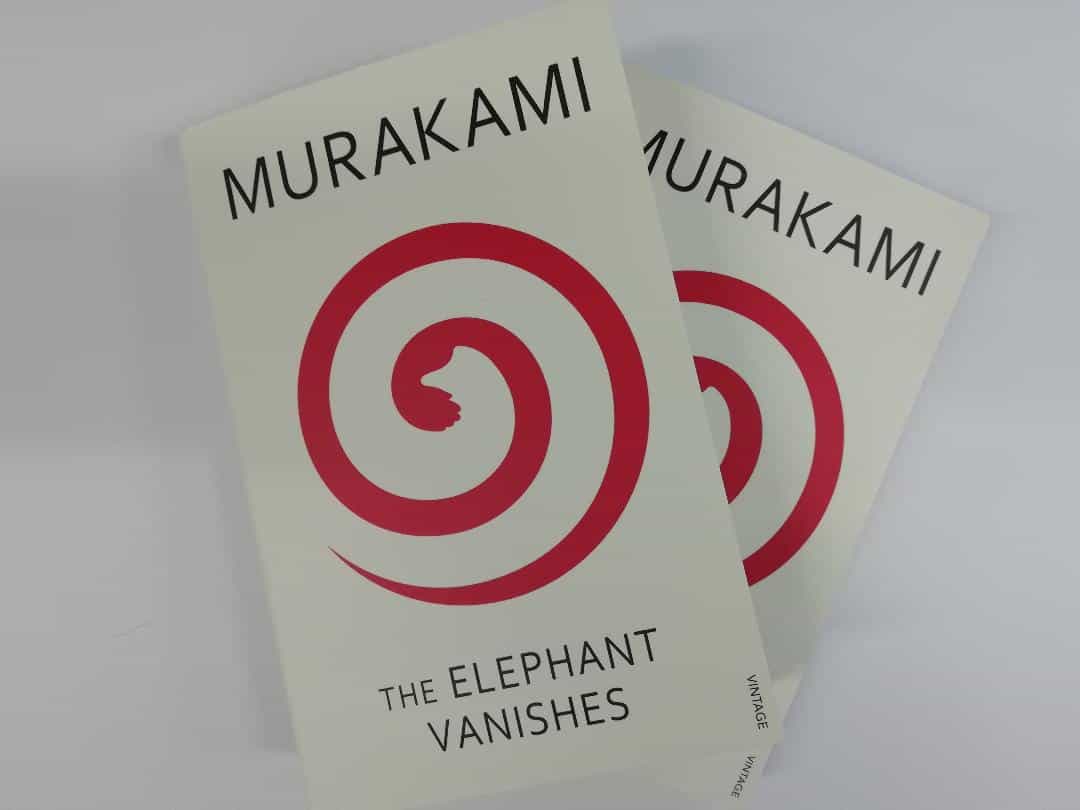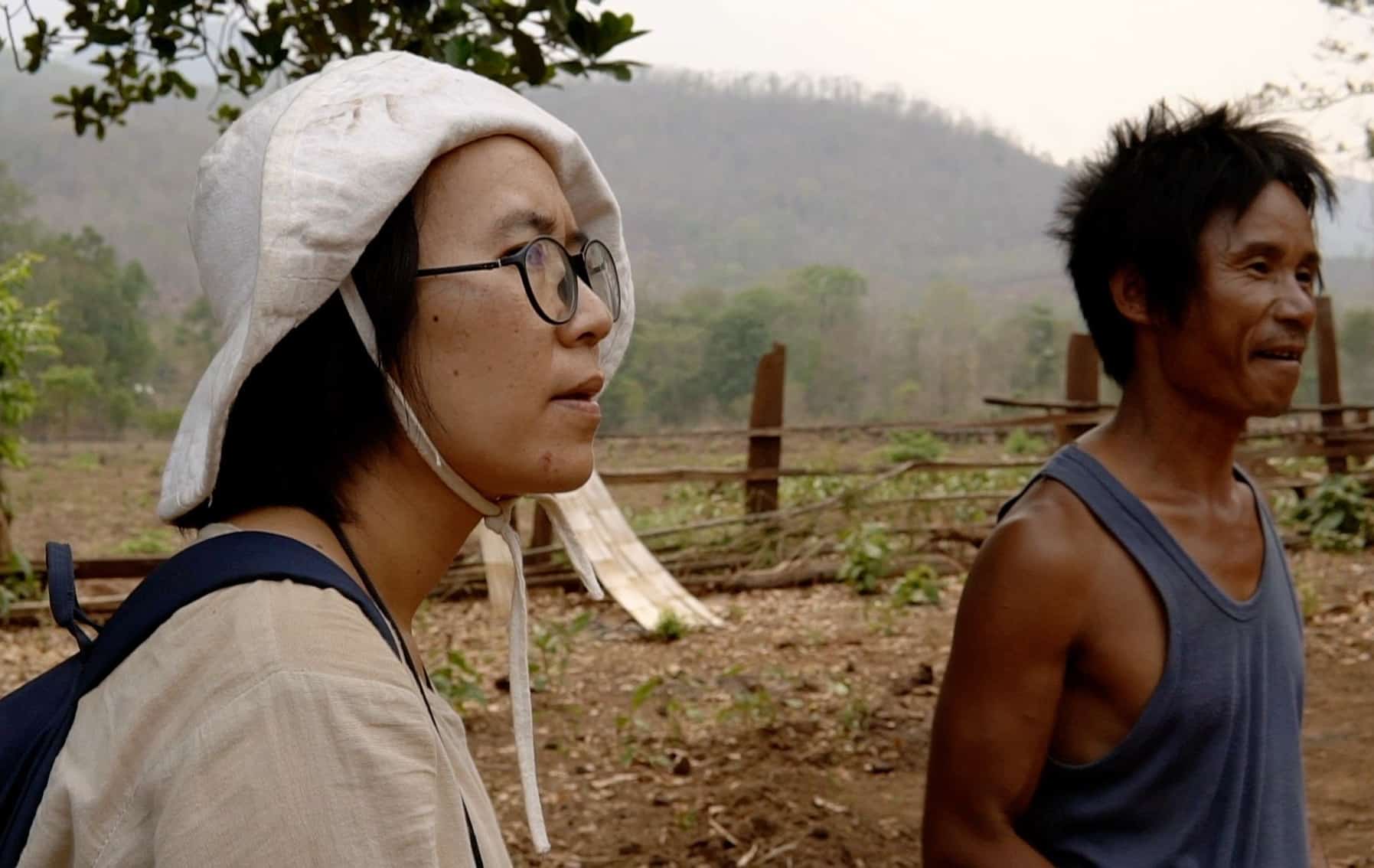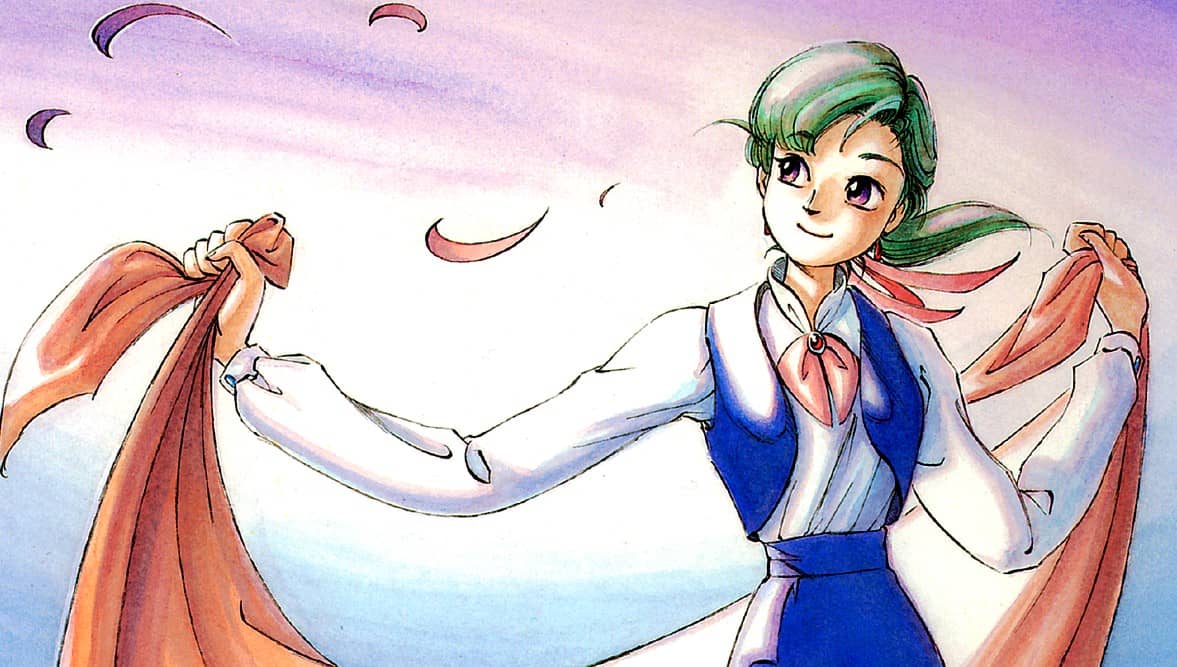1986 is a decisive year in the career of director John Woo as he would define his style with the two projects released that year. While “A Better Tomorrow” is highly regarded among cinephiles and seen as the first “definitive” John Woo-feature, “Heroes Shed No Tears”, the last project he would make for Golden Harvest, is just as important. The production would be another tumultuous affair resulting at Golden Harvest essentially shelving the film from distribution, with only a few copies made for countries such as South Korea. However, with Woo's following projects garnering international attention and given the recent 4k restoration, “Heroes Shed No Tears” is finally available in a truly deserving form, allowing filmlovers to experience a story which serves as the first “Heroic Bloodshed”-moment in Woo's career.
Buy This Title
by clicking on the image below
To defeat the drug cartels in the region and to bring the druglords to justice, the Thai government has hired mercenaries to fight the drug operations, promising them money or Green Cards for their service. One of these groups is led by Chan Chung (Eddy Ko) and after a surprise attack on the compound of druglord General Samton (Pang Yun-cheung), they manage to capture the general. However, they still have to bring him to the rendezvous point which is a few miles away, always chased by Samton's remaining forces.
As the group runs into a firefight at the Vietnamese border, a colonel (Lam Ching-ying), after being severely wounded by Chan, joins the chase, wanting revenge on the man who cost him his eyesight. With their followers catching up to them, Chan and his men hide with Louis (Phillip Loffredo), who fought alongside their leader many times, and face their pursuers in one final battle.
In many ways, “Heroes Shed No Tears” can be considered a ground to experiment for the director. There are also two different cuts of the feature, offering significant changes to some scenes which alter the overall tone and the group dynamics of Chan and his men. In between, some rather interesting and tense action pieces, you will also find some comedic moments, all of which the feature could have done without as they do nothing for either characters or plot development. On top of that, they are not even that funny, especially since all of them end on a rather sour tone, highlighting the violent landscape these men have been calling their home for such a long time. Woo experiments with all of these different tones, with only the battle scenes really standing out.
While Woo's future projects would highlight the connection between the main characters, in “Heroes Shed No Tears” this concept is not developed fully. Although Eddy Ko stands out as the tough-as-nails soldier who would do anything for his family and comrades, and even survives an explosion, you do not feel the same kind of connection to the other members of the group. Only Lam Ching-ying, as the central villain, leaves something of an impression, even though he turns into something of a comic book character in the end. Nevertheless, the final battle between the hero and the villain is one of many instances which reminds you of the technical prowess of the director, especially in combining the various shots, sounds and the performances of his actors.
“Heroes Shed No Tears” is undoubtedly an important work in John Woo's filmography. While “A Better Tomorrow” is still the more enjoyable film to watch, “Heroes” offers a few moments, especially the action sequences, which make it an interesting and worthwhile viewing experience.


